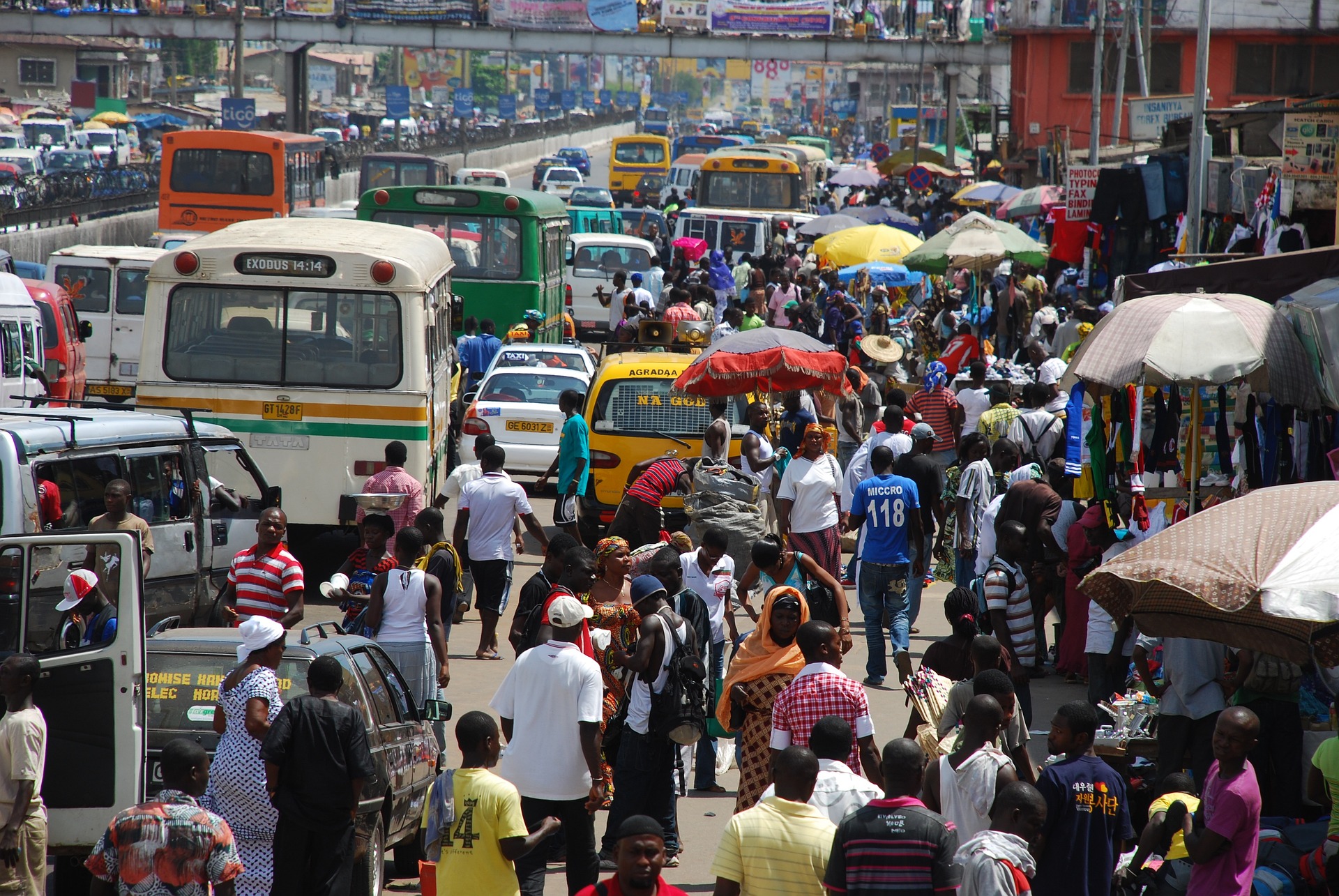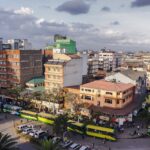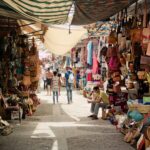
table of contents
Ghana, a West African country
Ghana is a West African country located on the Gulf of Guinea.It is known for its diverse wildlife, old forts, and tranquil beaches, including Busua. In Japan, it is famous as the producer of cocoa, the source of Ghana Milk Chocolate. In this article, we will introduce basic information about Ghana and its charms from the perspective of trade.
Basic information about Ghana
Here is some basic information about Ghana:
・Official name: Republic of Ghana
・Population: 31.07 million (2020)
- Area: 238,537 km2 (about two-thirds the size of Japan)
・Capital: Accra
・Language: English, various ethnic languages
- Ethnic groups: Akan, Ga, Ebe, Dagomba, Mamurshi
Religion: 70% are Christian, 17% are Muslim
・Major industries: agriculture (cocoa beans), mining (precious metals, non-ferrous metals, petroleum)
Since the time of the British colony, cacao bean cultivation has been popular. As the price of agricultural products varies from year to year, people's livelihoods were unstable, but in recent years, exports of gold and crude oil have become popular, and the industries that form the core of people's lives are changing.
Trade situation with Japan
Ghana's exports include cocoa beans, with over 901 TP3T. Japan's exports include automobiles, etc.
Japan's export value: 19.88 billion yen
Japan's main export items: Automobiles (41.1%), General machinery (15.8%), Tires and tubes (11.3%)
Japan's import value: 14.49 billion yen
Japan's main import items: cocoa beans (90.5%), aluminum (7%)
There seems to be a lot of interest in Japan thanks to the local embassy's public relations activities, such as the Ghana Yosakoi Festival, which has been held for over 15 years, as well as judo and karate tournaments.
Export procedure for goods to Ghana
In Ghana, there are some items whose export is subject to export restrictions under export laws.
Traditional products (gold, diamonds, bauxite, manganese, cocoa beans, coffee, timber, electricity)Exchange Control Form A2 must be completed, endorsed by the exporter's bank and presented to the customs officer at the time of shipment.
Exporters of non-traditional products must complete a Ghana Export Form (from the bank or port of export) and present it to customs at the time of export. Non-traditional exports include the above processed goods and all other manufactured goods. Note that antiques, wildlife, fresh plants and pets require authorization from the Ghana Art Gallery, Museums and Monuments Commission, Game and Wildlife Service and Plant Protection and Regulatory Agency of the Ministry of Food and Agriculture, respectively, for export.
Required documents etc.
The documents required for the export of non-traditional exports are as follows:
1.Register with the Ghana Export Promotion Authority
2. Obtain the Non-Traditional Export Form
3. Invoice for Cargo (IDG) by shipping company or airline
4. Packing List
5. Invoice
6. Certificate of Origin (for EU, Generalized System of Preferences (GSP) member countries, African Growth and Opportunity Act (AGOA) import permit, etc.)
Ghana trade and export basics summary
Ghana is gaining attention in Africa, where economic development is remarkable. In Japan, the country is known for its cocoa beans, but it is also a country that will play an essential role in the future industries, such as steel and crude oil. In addition, Ghana is attracting growing interest in Japan, with events such as the Ghana Yosakoi Festival, so keep an eye on it. We also introduce other countries on this site, so please take a look.
category:African export business
Related articles
-

Basic information on Moroccan trade and exports (overview and basic statistics)
-

Basic information on Algerian trade and exports (overview and basic statistics)
-

Basic information on trade and exports in Côte d'Ivoire (overview and basic statistics)
-

Basic information on Ethiopian trade and exports (overview and basic statistics)
-

Business opportunities in Africa! Advantages and disadvantages of expanding into Africa
-

What is the trade situation in Africa? Basic information on exports, tariffs, etc.